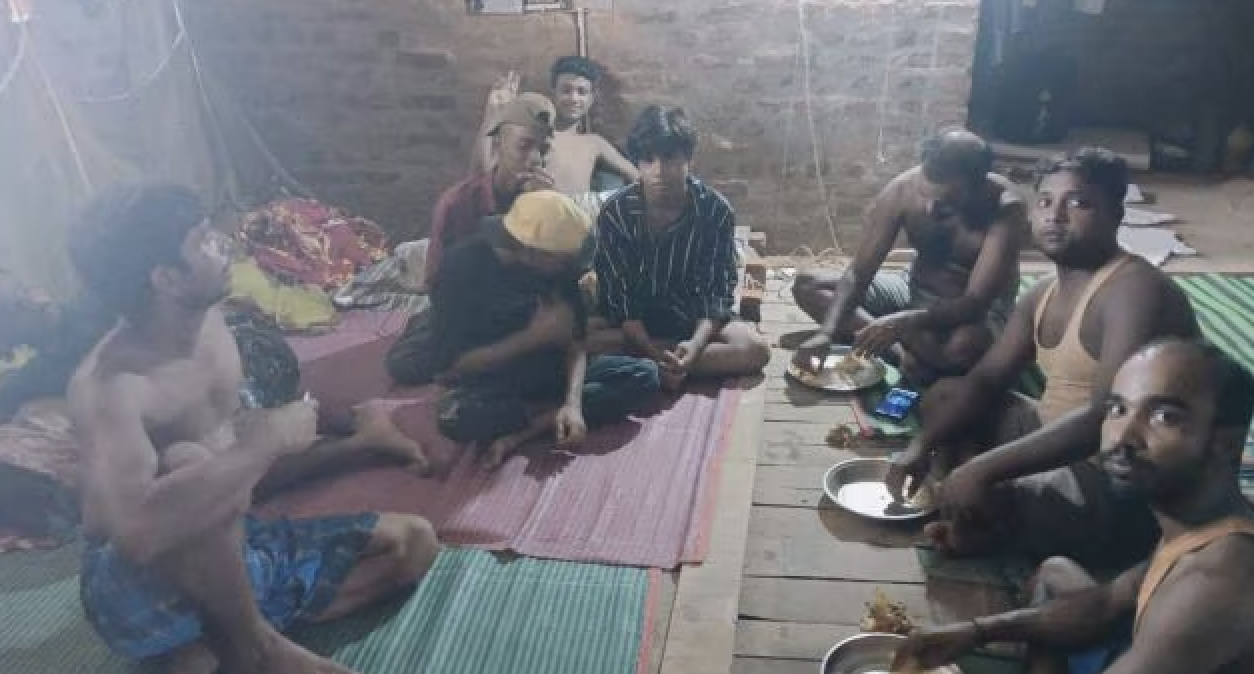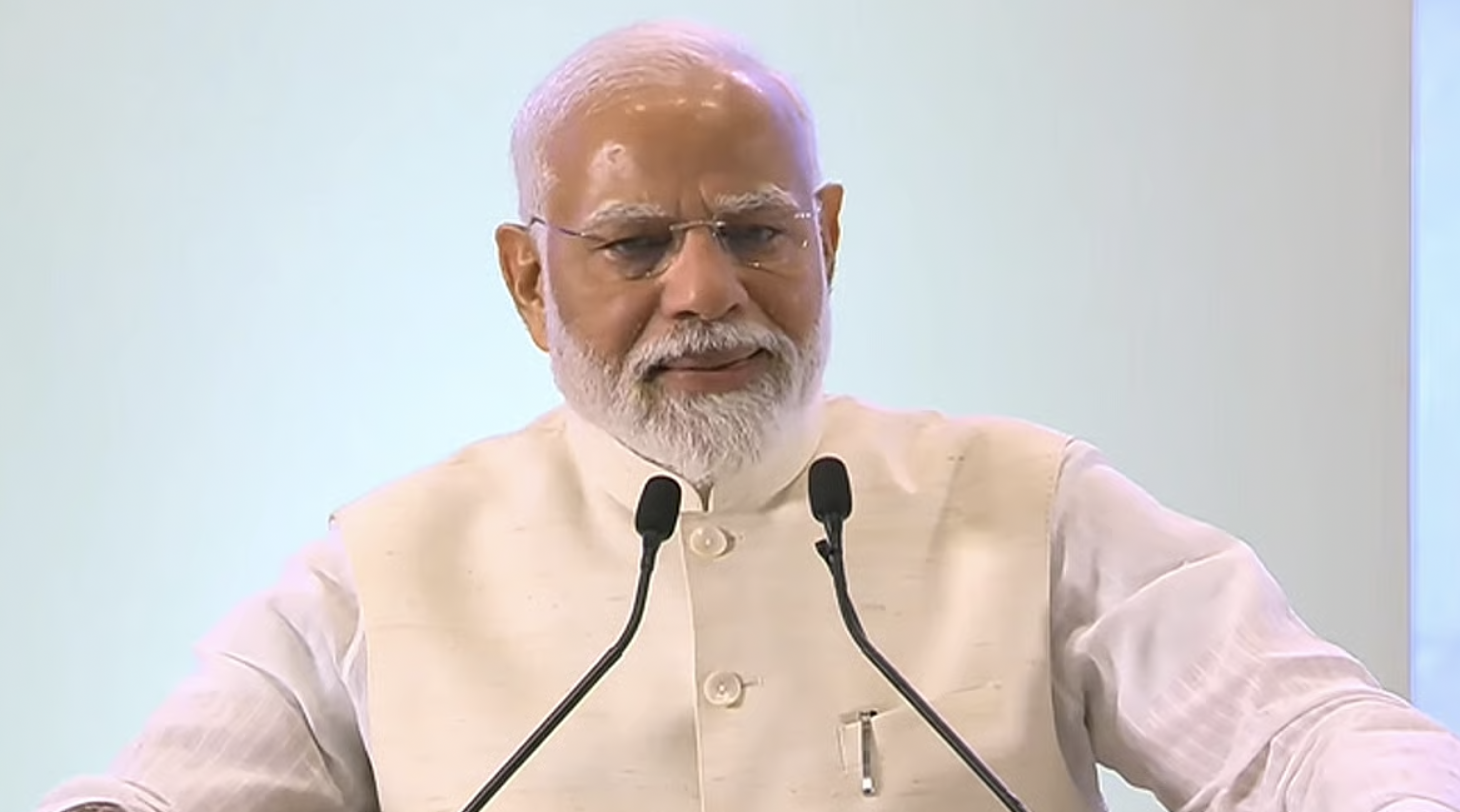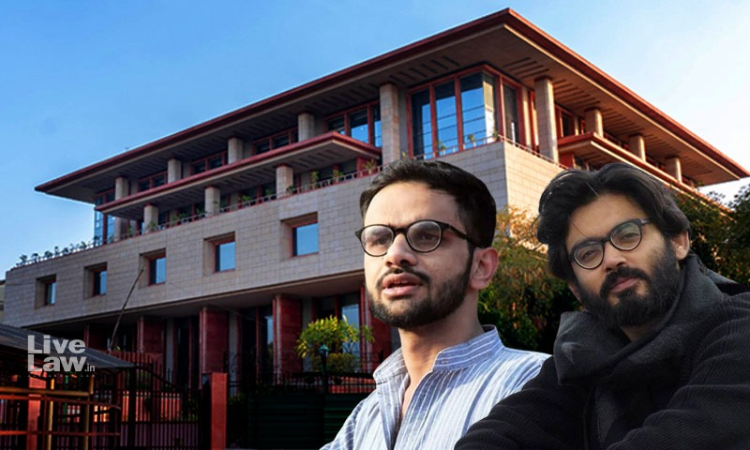With elections on 19 April, India looks set to re-elect Narendra Modi’s BJP party, greenlighting an ongoing process of Hinduisation on the subcontinent. The persecution of Muslims and other minorities will intensify. Yet India has little to fear in the way of criticism from its Western allies, says political scientist Achin Vanaik
n Germany, large companies and the established parties are warning against voting in favour of the far-right, as this would hamper economic growth. They argue that a far-right government would discourage foreign investors and well-educated workers from coming to Germany. In India, the corporations and the far-right government seem to work well together. How is that possible?
Achin Vanaik: The major corporations are mainly concerned that India’s neoliberal economic orientation remains intact. This neoliberal shift was achieved by the Congress Party at the beginning of the 1990s. During the Bharatiya Janata Party’s first term (1998-2004), it continued with this orientation. When Narendra Modi came to power after 2014, he also pursued the same course, but made sure of favouring his own crony capitalists from his Gujarat past as chief minister, namely Mukesh Ambani and Gautam Adani.
These days, their groups are among the leading Indian transnational companies. The overall impact of the swing towards neoliberalism in India has been different to that in Germany and the advanced West. There, for substantial sections of the working population, life is now worse than it was in former times, when much stronger welfarism and fuller employment existed.
In India, although social inequality has increased dramatically and the rate of growth of real income of the bottom 50% has been slower than in the pre-neoliberal era, in absolute terms, things are better. India never had a past ‘golden age’ like the West with which today’s conditions can be compared and found wanting.
This story was originally published in qantara.de. Read the full story here.






